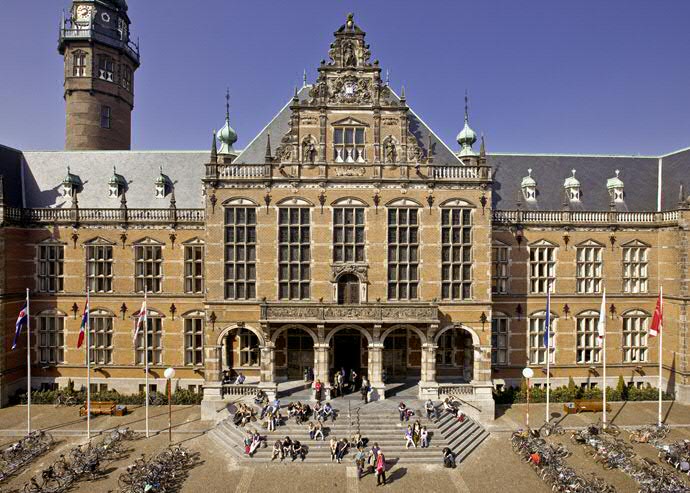Seven Vidi grants for top researchers from the University of Groningen and UMCG

The Netherlands Organisation for Scientific Research (NWO) has awarded Vidi grants to seven researchers from the University of Groningen and the University Medical Center Groningen. The grants, which are worth a maximum of € 800,000, enable researchers to develop their own research lines and set up their own research teams.
Vidi is aimed at excellent researchers with several years of successful research experience after gaining a PhD. These researchers are among the best ten to twenty percent in their field. A Vidi grant enables the recipient to conduct research for five years. NWO selects Vidi laureates on the basis of the qualities of the researcher, the innovative character of the research, the expected academic impact of the research proposal and the potential benefits to the body of knowledge. In this round, 87 of the 509 applications were honoured nationwide.
University of Groningen and UMCG projects awarded a Vidi grant
- Prof.dr. Ming Cao, ENTEG
An evolutionary approach to coordination of self-interested agents
Robot and sensor networks, distributed energy grids and many facets of society can be modelled as complex networks of agents making self-interested decisions that often conflict with group objectives. Ming Cao will seek methods for coordinating these networks and ultimately resolving such social dilemmas through a closely-coupled approach of theory and experimentation.
-
Dr. Tamara Witschge, Journalism Studies and Media
Journalistic entrepreneurship in action
Entrepreneurship in journalism is growing; in the digital age journalists are responsible not only for reporting the news, but also selling and disseminating it. This research studies the effect of entrepreneurship on journalists’ work, and the consequences it has for their duty to keep citizens informed.
-
Dr. Anna Hirsch, Chemistry
A faster route to new drugs
The development of a new drug is a challenging process. The researchers are going to develop new methods to accelerate this process, which they will use to discover molecules which could be developed into a drug against malaria.
-
Dr. Edwin Otten, Stratingh Institute for Chemistry
Cheap elements as the basis for catalysts
Modern-day chemical processes make frequent use of catalysts based on scarce precious metals. The researchers want to find a cheaper, sustainable alternative and are looking for a way to imitate the properties of these precious metals in common, reasonably priced elements.
-
Dr. Albert Guskov, Membrane Enzymology
Shedding new light on metal transport
Nickel and cobalt are essential trace elements. Cellular uptake of them must be strictly regulated as they are toxic in higher concentrations. This research will study the structure of transport proteins which catalyse this uptake, using a spectacular new technique. This work could lead to the development of new antibiotics.
-
Dr. Wiktor Szymanski, UMCG - Radiology
Controlling drugs with light
Medicinal drugs are often active outside the disease spot, causing side effects and toxicity in the environment. This research aims to finds methods to use light to focus the drug action only in the required space and time.
-
Dr. Hiddo Lambers Heerspink, UMCG - Department Clinical Pharmacy and Pharmacology
Why do patients with type 2 diabetes react differently to treatments?
Some patients with type 2 diabetes and kidney disease respond very well to the drugs prescribed, while others don’t. The researchers will study the underlying mechanisms which determine why patients respond so differently, so that in the future it will be possible to select the right drug for the right patient.
More news
-
10 February 2026
Why only a small number of planets are suitable for life
-
09 February 2026
Can we make the earth spin in the opposite direction?
